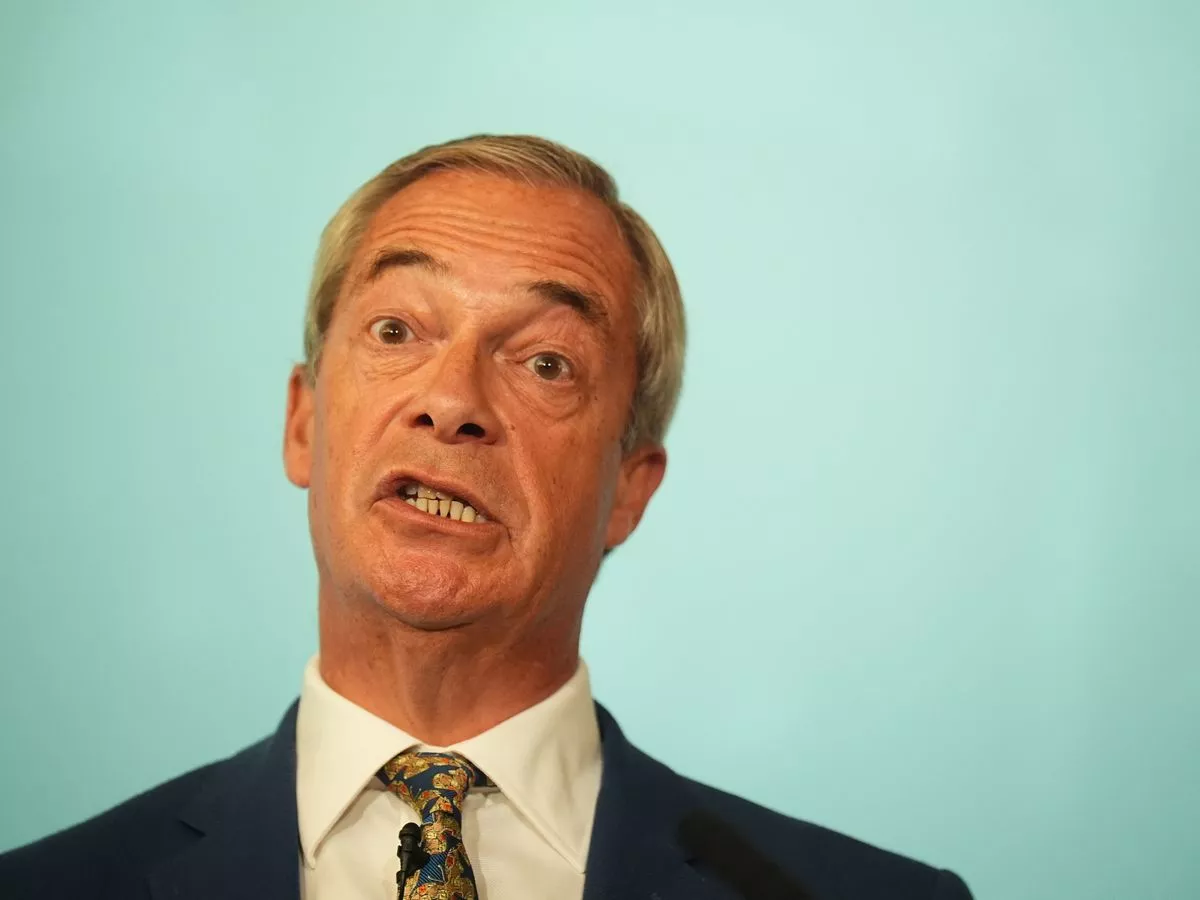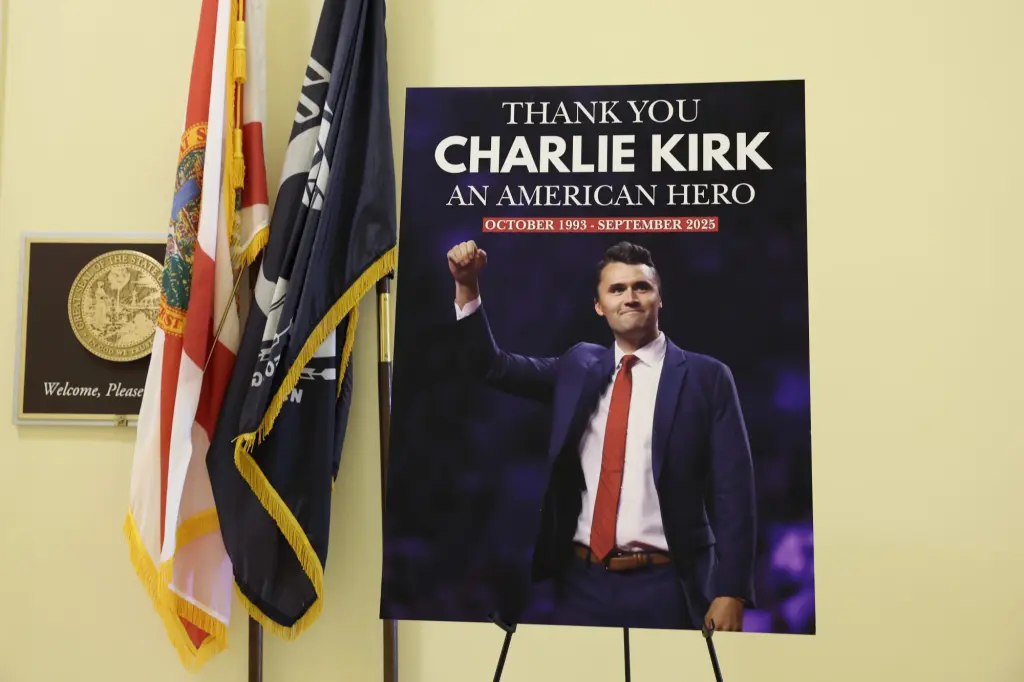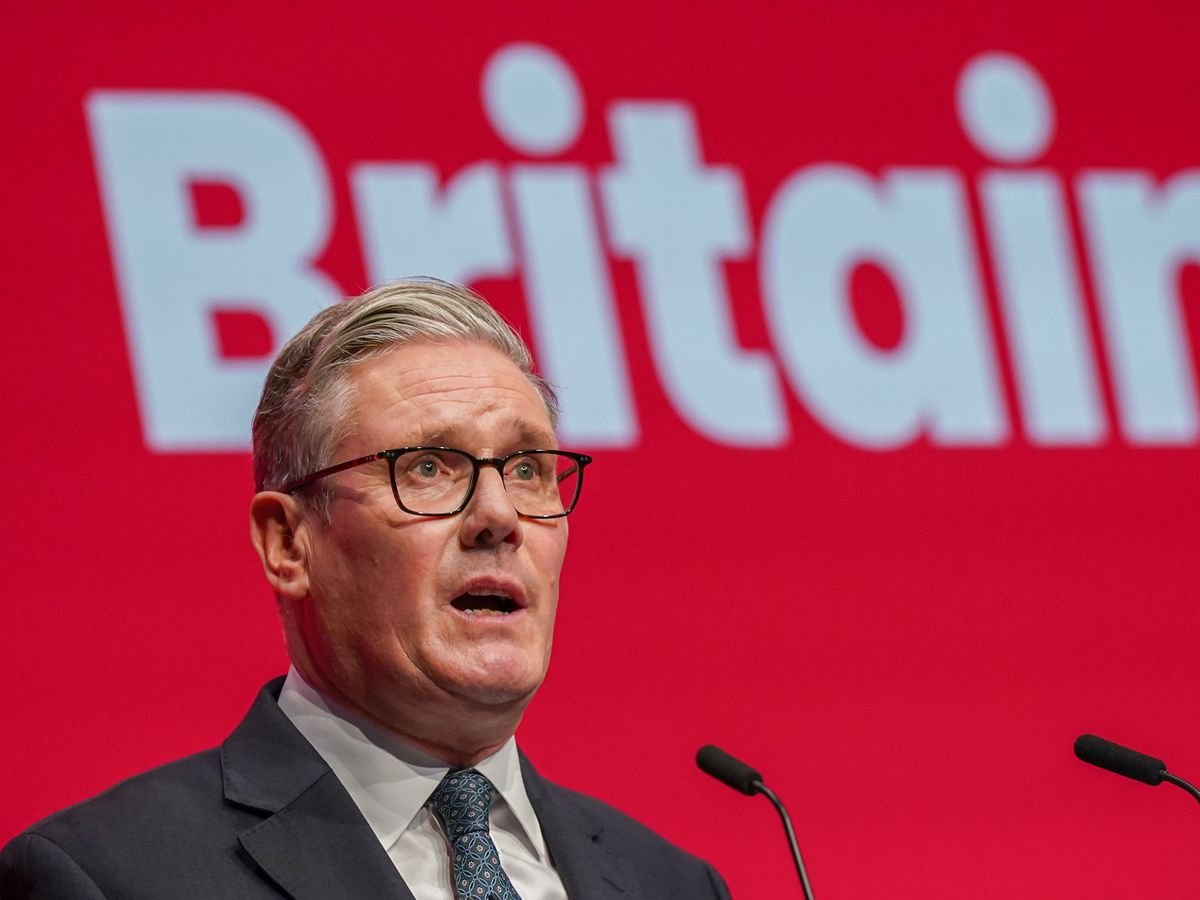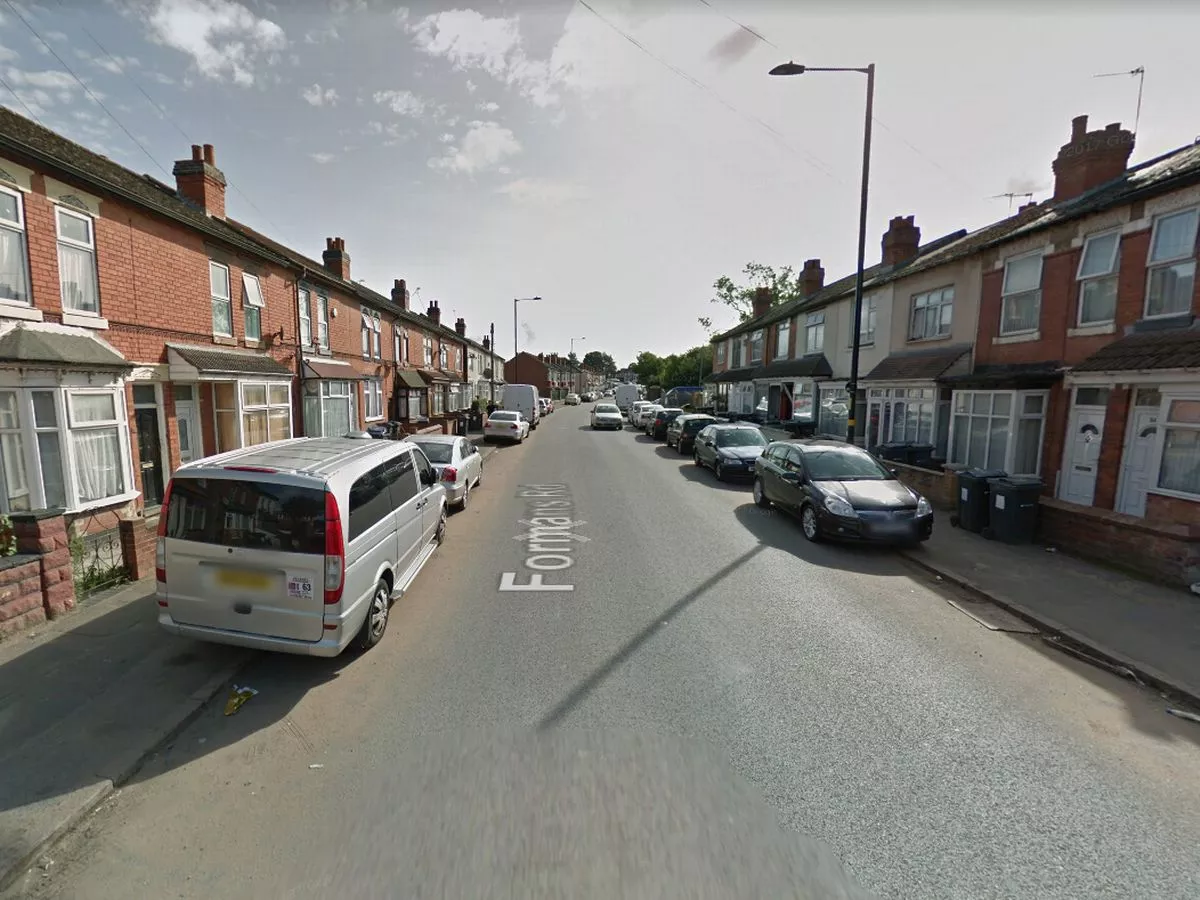By Samuel Jackson
Copyright falkirkherald
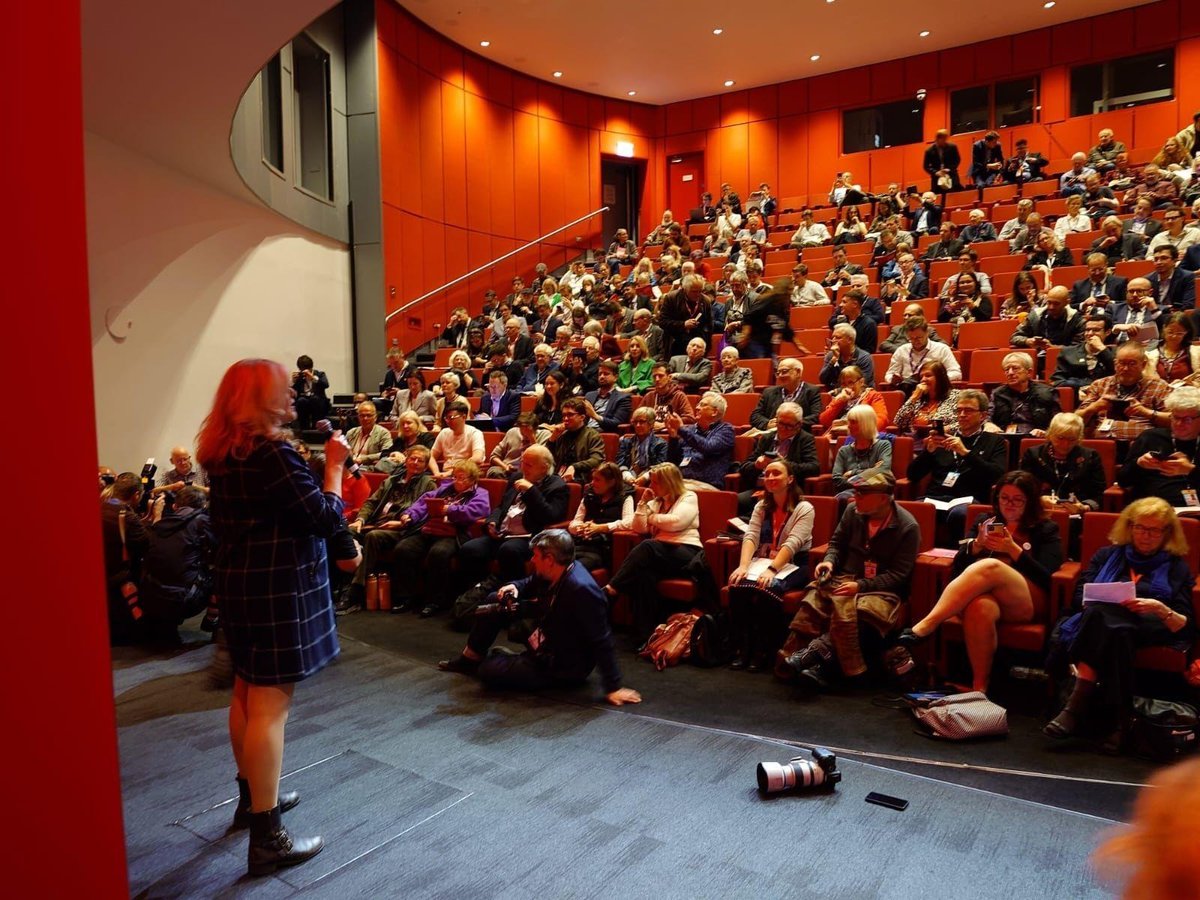
Advocates believe that FPTP distorts public opinion, leaves millions unrepresented and risks increasing political volatility as voters seek options beyond the two major parties. They further argue that FPTP no longer guarantees single-party majorities – touted as a benefit by its defenders – as seen in 2010 and 2017. The All-Party Parliamentary Group (APPG) for Fair Elections is now the largest ever such group, and the Government’s English Devolution Bill and Lib Dem Sarah Olney’s private Elections Bill are progressing through Parliament. With the British Social Attitudes survey showing that 60% of Britons favour electoral reform and only 12% trust the Government to put country before party ‘always or most of the time’, campaigners believe that now is the time for change. The Labour Campaign for Electoral Reform (LCER) are pressing their party’s leadership to replace FPTP with PR via their campaign Labour for a New Democracy (L4ND). They argue that ‘the impetus for changing the voting system must come from the Labour Party’, highlighting recent conference decisions to back PR for general elections and condemn FPTP for ‘contributing to the distrust and alienation we see in politics’. LCER supporters include Deputy PM David Lammy, Chief Whip Jonathan Reynolds, Greater Manchester Mayor Andy Burnham and more than 400 Constituency Labour Parties. Other groups arguing the case for PR at conference include Make Votes Matter, the Fair Elections APPG, the Institute for Government, the Fabian Society, Compass, ASLEF and the Musicians’ Union. On 28 September, LCER held their #Labour4PR Rally to raise support for a National Commission on Electoral Reform to build consensus on which PR system should replace FPTP. Speakers included former Welsh FM Mark Drakeford, Florence Eshalomi MP, MVM Executive Emma Harrison and Ann Black of Labour’s National Executive Committee. Burnham said that ‘there’s nothing more unstoppable than an idea whose time has come – and PR’s time has come’. The rally was attended by upwards of 350 people. On 29 September, L4ND, the Fair Elections APPG and the Fabian Society held their discussion event Make It Count at Bluecoat on School Lane, with the public welcomed to attend. Its panellists were APPG Chair Alex Sobel, Fabian Society Chair Sara Hyde, L4ND’s Alex Zur-Clark, Lizzi Collinge MP and IfG’s Alex Thomas. At a Demos event the same day, political scientist and University of Strathclyde professor Sir John Curtice answered audience members’ questions. He said that it is ‘very difficult to persuade politicians to read the writing on the wall until after the writing and the prophecy has taken place’, citing French President François Mitterand’s introduction of PR for Assemblée elections before 1986 to deter the far-right as an example of foresight. A hustings event for the Labour Deputy Leader election will be held on 1 October between Manchester Central MP Lucy Powell and Education Secretary Bridget Phillipson. While Powell has been ‘personally for, kind of, looking at electoral reform-type stuff’, Phillipson does ‘not support ending the use of First Past the Post to elect MPs’. Polling indicates that members favour Powell by double digits. At a pre-conference Liverpool Echo event, Keir Starmer defended his plans for votes at 16 to local students. With 16 being the voting age for devolved and local elections in Scotland and Wales, he asserted that ‘the sky didn’t fall in’. Given this commitment, Emma Harrison questioned Starmer’s ongoing resistance to PR, saying that his remark ‘equally applies to the introduction of PR’ as ‘both the Welsh Assembly and Scottish Parliament have fair votes systems, maintaining the constituency link and better representing the voters’ views’. She further hoped that ‘he’ll agree to a National Commission’ if he ‘can’t bring himself to change the voting system straight away’. As a leadership candidate, Starmer said that ‘we’ve got to address the fact that millions of people vote in safe seats and they feel their vote doesn’t count’. As Labour leader, however, he seemingly backtracked, referring to his ‘long-standing view against proportional representation’. MVM members present also promoted petitions including one on Parliament’s own website calling for PR at the next general election and another on Change.org calling for a national broadcaster to hold a televised debate on Westminster’s voting system.
